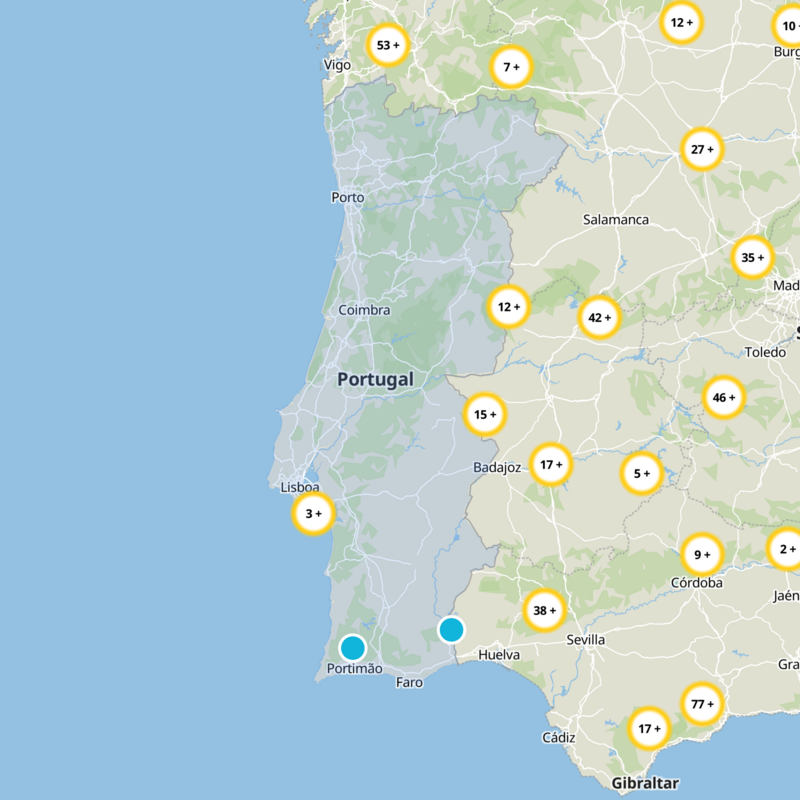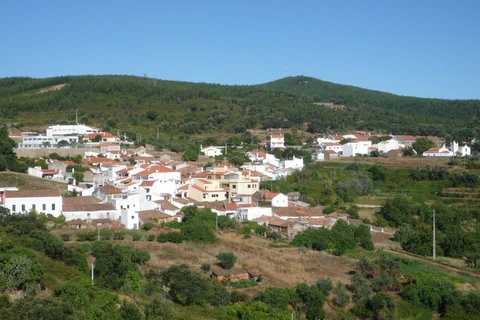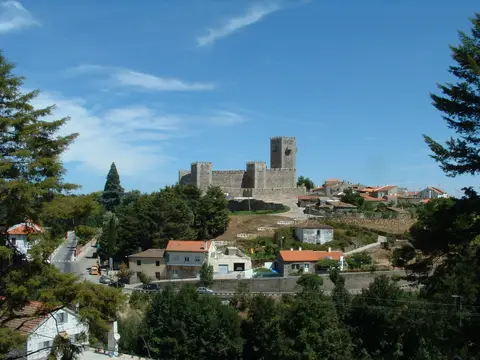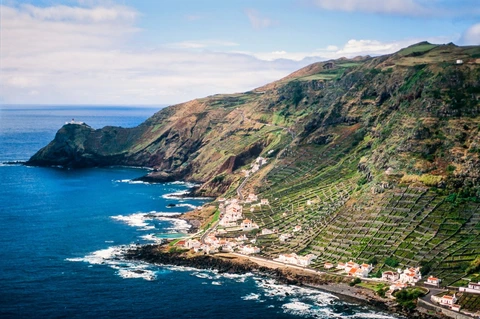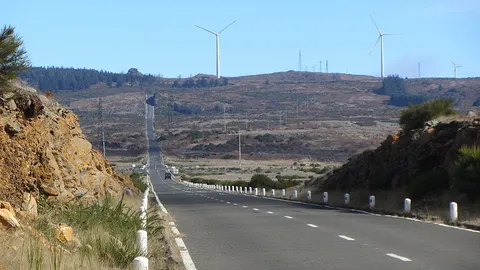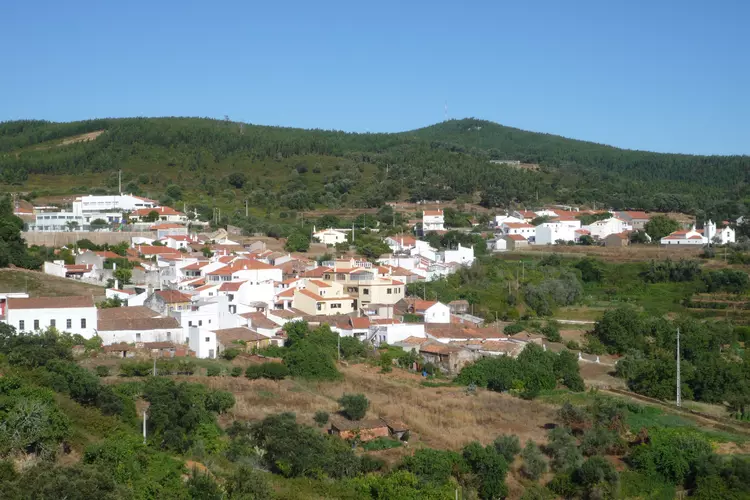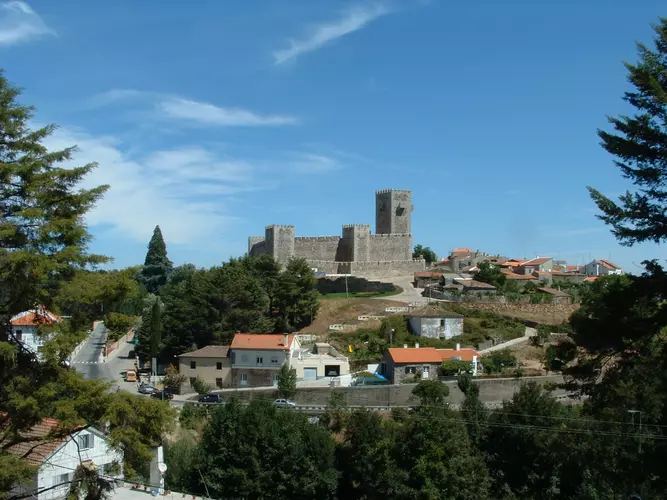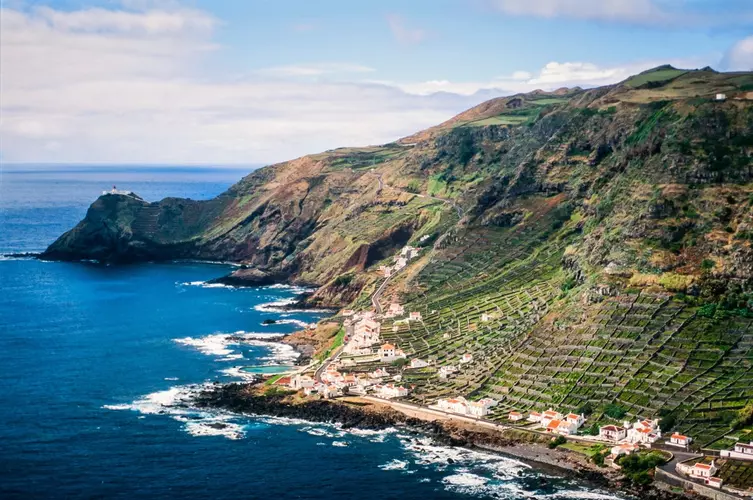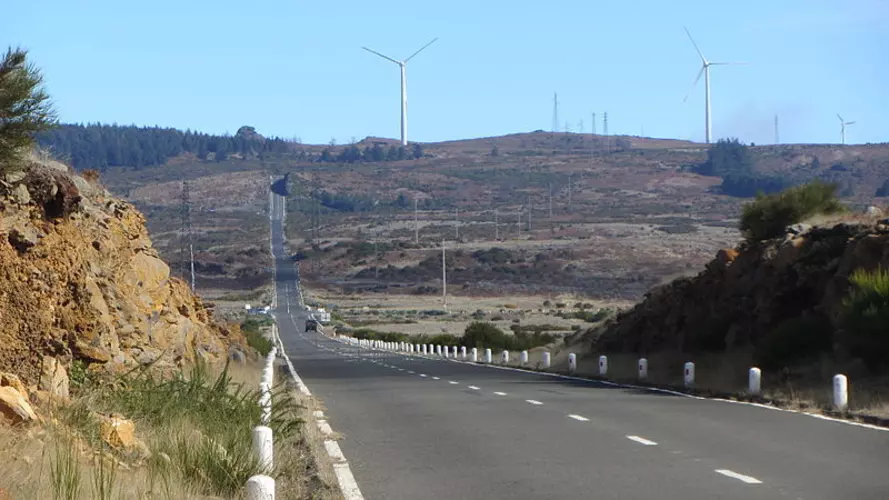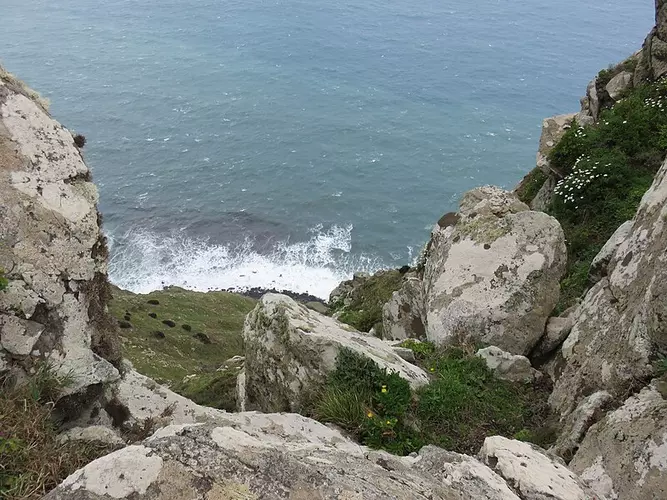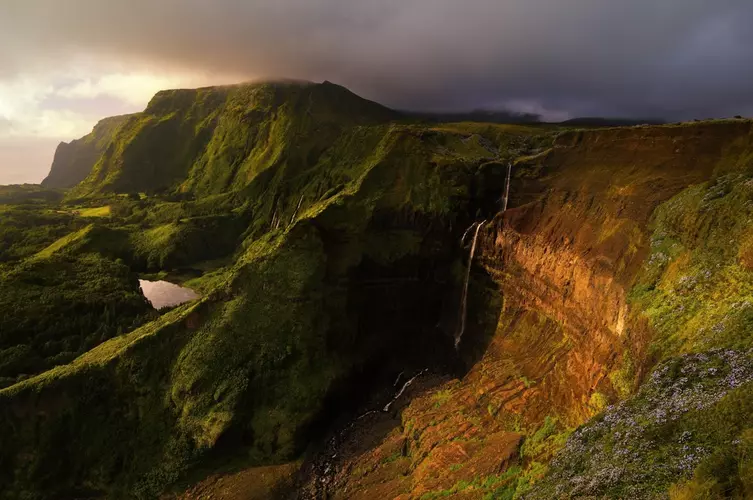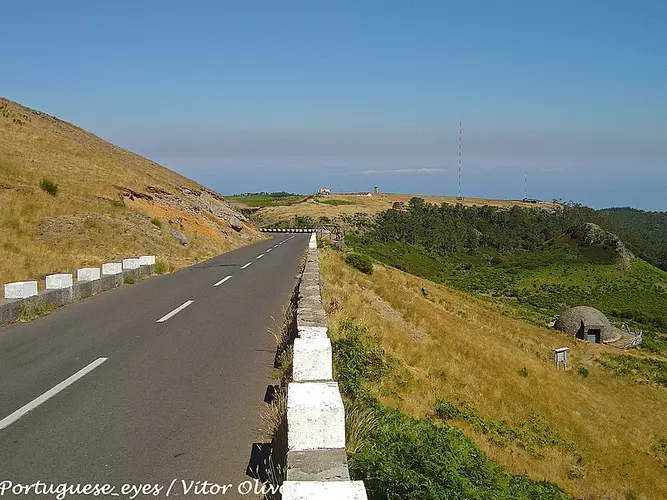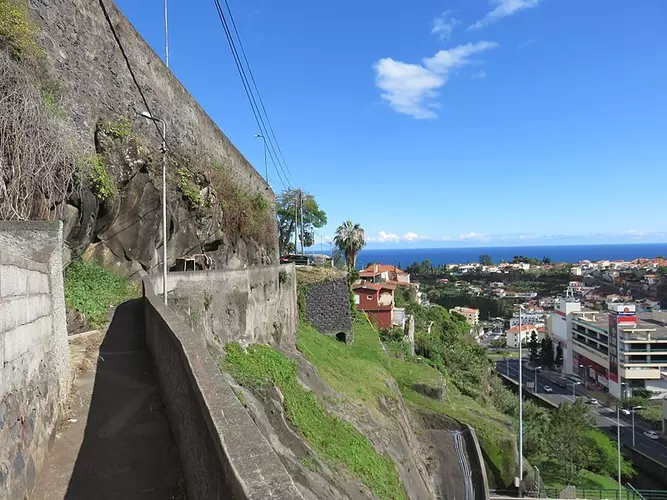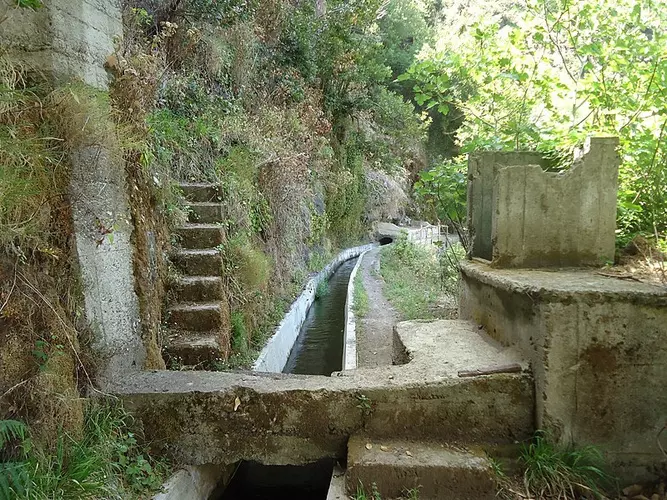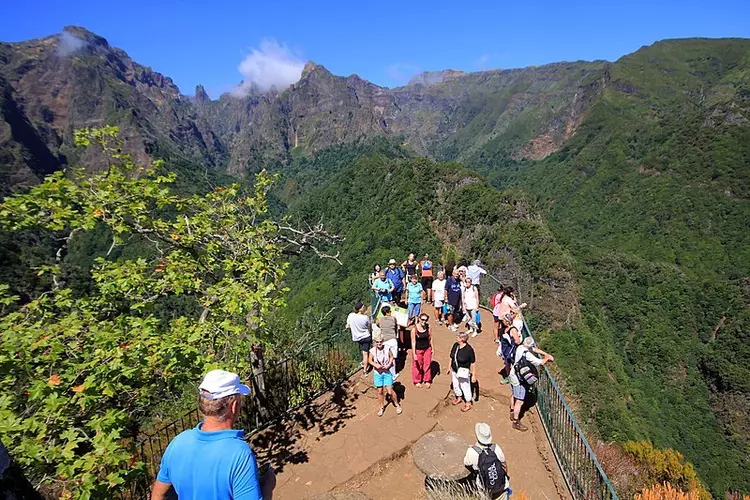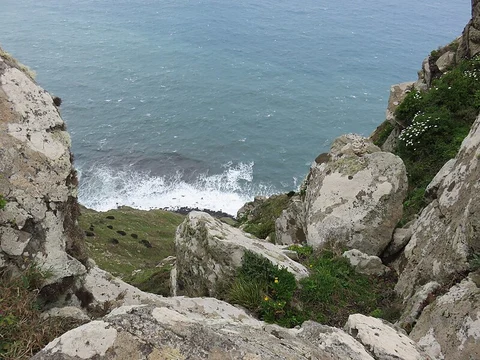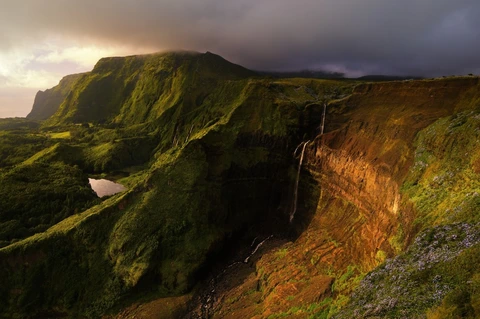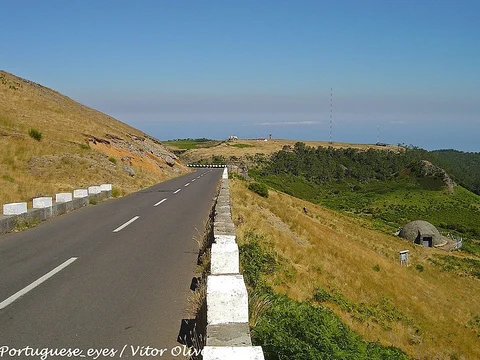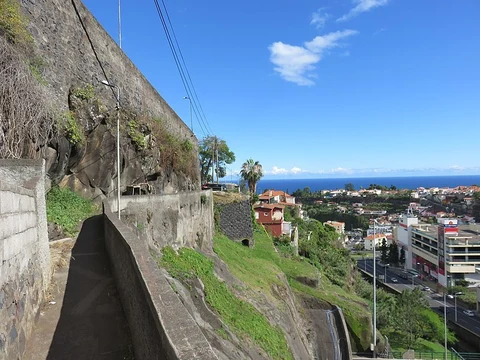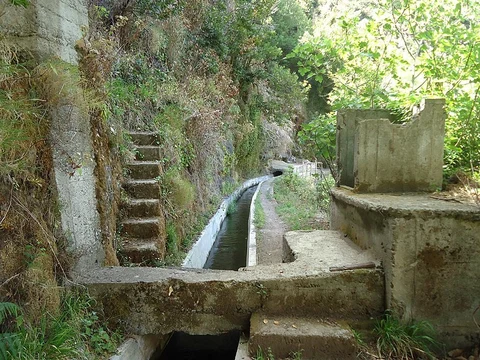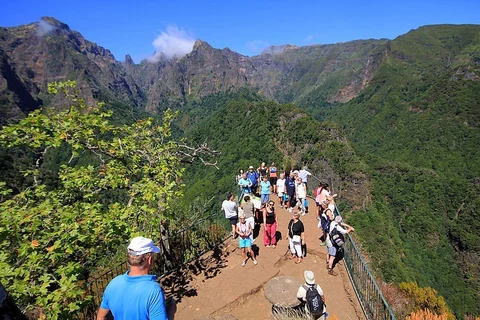"Embark on Portugal's enchanting trails, where diverse landscapes and rich history await every hiker."
Discover the enchanting trails of Portugal, where every path tells a story of breathtaking landscapes and rich history. From the rugged cliffs of the Algarve to the lush greenery of Peneda-Gerês National Park, Portugal offers diverse terrains for every hiker. Wander through ancient cork forests, explore the dramatic coastline of the Rota Vicentina, or ascend the mystical peaks of Madeira. With its mild climate and welcoming culture, Portugal invites you to embark on an unforgettable hiking adventure.
Most popular hikes
FAQs about hiking in Portugal

https://www.britannica.com/place/Portugal/Climate.





More hikes in Portugal
by difficulty
